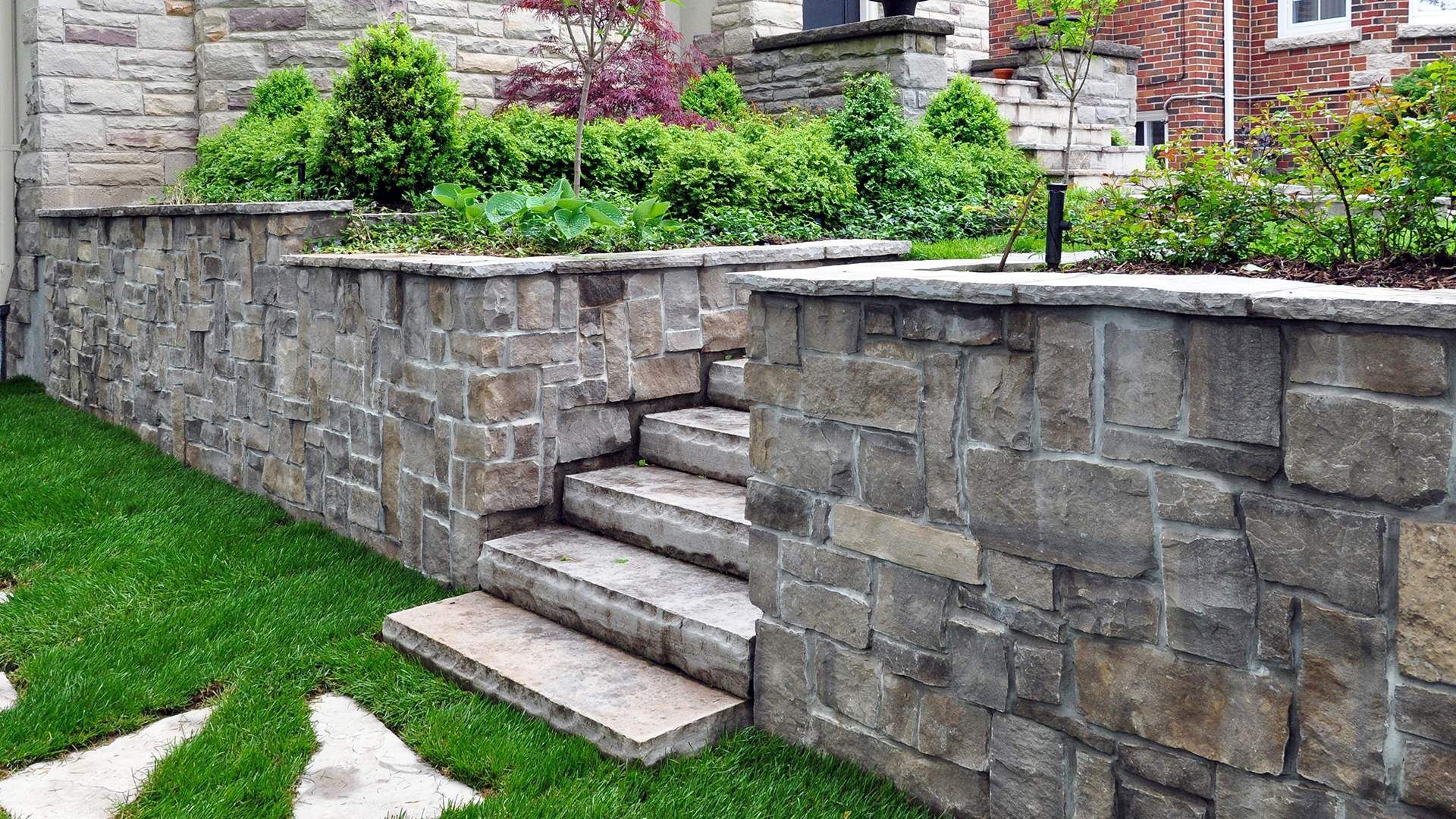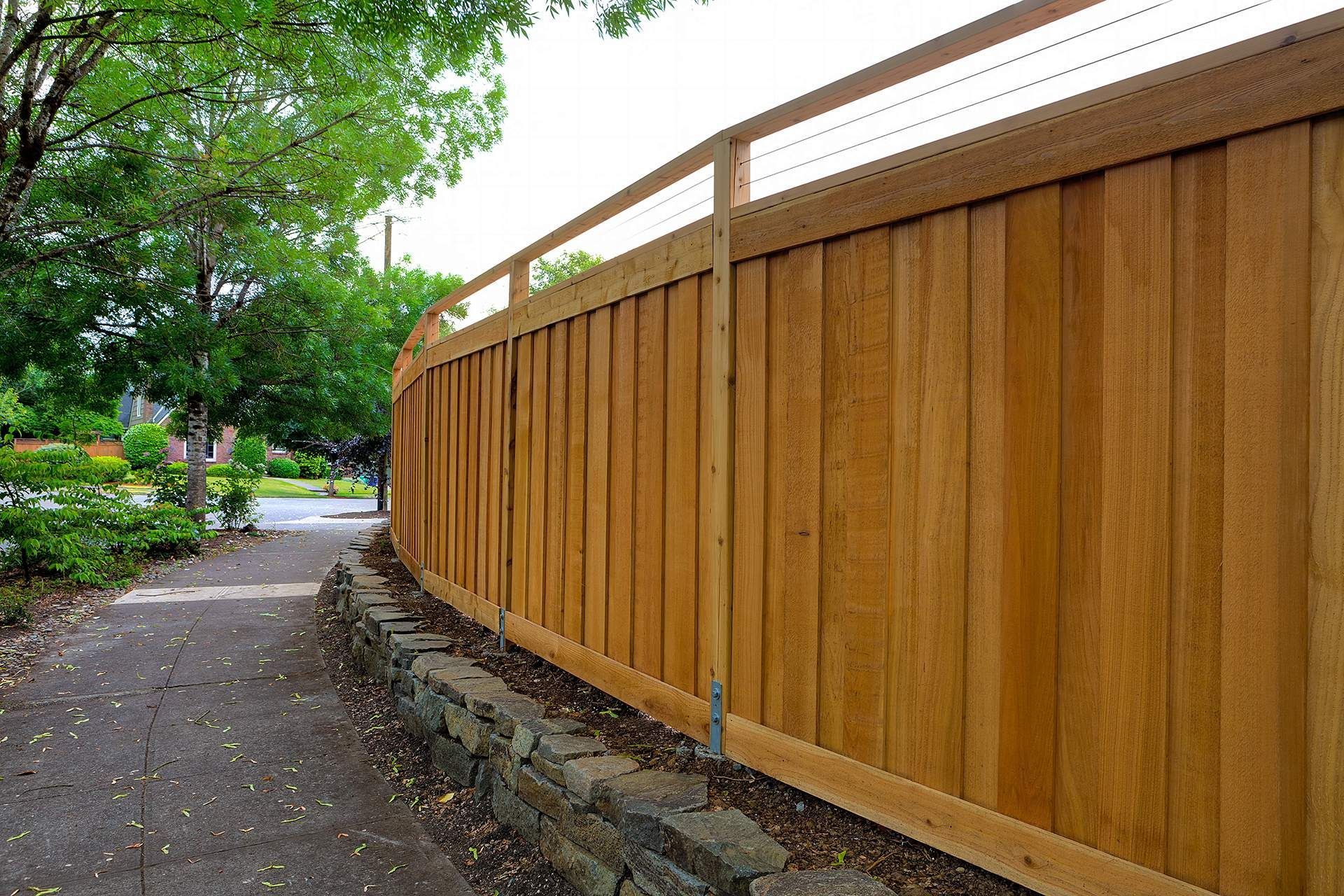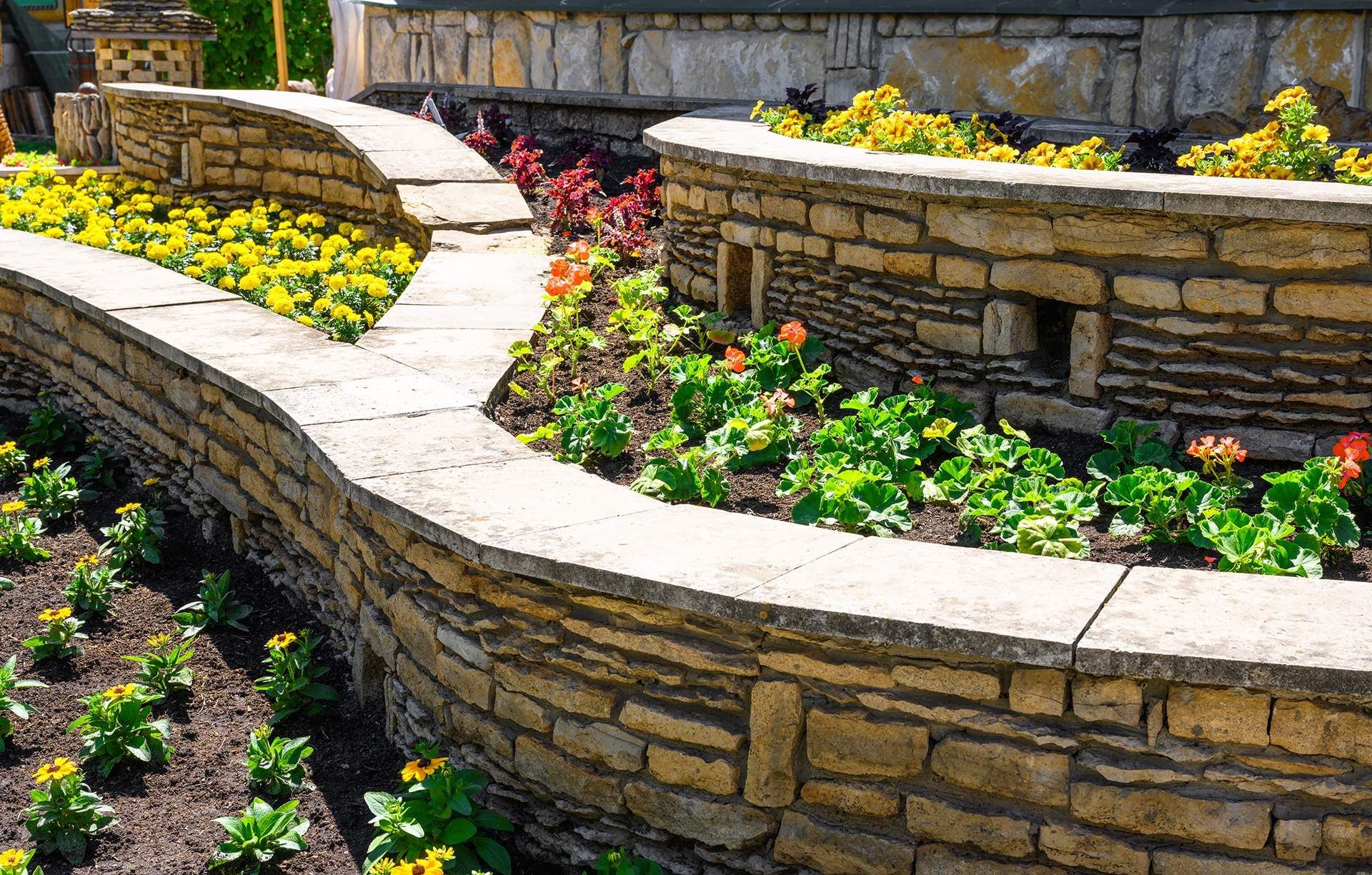Retaining Wall in Memphis TN
Retaining Wall Contractors in Memphis, TN
D R excavation Memphis TN is a company you can trust when it comes to retaining wall contractors.
With over 25 years of experience, our contractors have the knowledge and expertise to get the job done right.
Our contractors use only the highest quality materials, and their work is guaranteed to last. In addition, they offer a wide range of services, so you can choose the one that best suits your needs.
Whether you need a simple repair or a complete overhaul, D R excavation Memphis TN has the tools and experience to get the job done right.
You can trust our contractors to provide the best possible service and to do it right the first time.
D R Excavation Memphis
5865 Ridgeway Center Pkwy Memphis, TN 38120
(901) 509-9890
Retaining Wall in Memphis, TN
D R Excavation is a local retaining wall company in Memphis TN made up of skilled retaining wall contractors. Our contractors specialize in the installation of all types of retaining walls, including concrete, stone, and timber.
Our goal is to provide our customers with the highest quality workmanship and customer service possible.
We are fully licensed and insured, and we are committed to completing every project on time and on budget.
Contact us today to learn more about our retaining wall services or to schedule a free consultation.
What We Offer
Retaining walls are an excellent way to create usable space in your yard while also providing necessary support for slopes. D R Excavation in Memphis, TN offers a variety of retaining wall installation services to meet your needs. We can install both standard and custom retaining walls using a variety of materials, including concrete, stone, and brick. We will work with you to determine the best design for your property and ensure that the wall is installed correctly to provide years of lasting support. The following are the services we offered:
Our Process
Installing a retaining wall is a complex process that requires the expertise of a professional contractor. Our contractors are experienced in all types of retaining wall installation and will work with you to ensure that your wall is built correctly and looks great. Here is a brief overview of the retaining wall installation process:
Retaining Wall Cost
The cost of a retaining wall depends on a number of factors, including the material used, the size and height of the wall, and the site conditions. Building a retaining wall in an area with good drainage will be less expensive than in an area where the soil is constantly wet. Other variables that can affect cost include the type of foundation required and whether or not the wall will need to be reinforced.
In general, walls made from stone or concrete blocks are more expensive than those made from wood, but they are also likely to last longer. Ultimately, the best way to get an accurate estimate of the cost of a retaining wall is to consult with a qualified contractor and that is where we can help.
D R Excavation has a team of experienced contractors who can evaluate your project and provide you with an accurate estimate of the cost. Contact us today to schedule a free consultation.
Licensed & Insured
Any kind of excavation work comes with inherent risks. There is the risk of injury to workers, damage to property, and even environmental damage. That is why it is so important to choose a licensed and insured contractor like D R Excavation.
We are focused on safety, and take every precaution to ensure that our workers are safe and that your property is protected. Our contractors are also experienced in a variety of excavation methods and can choose the best approach for your specific project.
This means that you can be confident that your retaining wall projects will be completed safely and professionally. Contact us today to learn more about our services.
FAQ's About Retaining Wall
"We highly recommend their services to anyone looking for top-notch excavation work. Thank you, D R Excavation!"
- Susan Sherman
“Grateful to D R Excavation for the great job they did on our project. They were professional, and did a great job cleaning up afterwards. We couldn't have asked for more!"
- Ed Schultz
“They did an amazing job and we couldn't have done it without them."
- Gary @ Custom Dream Homes
Why Should You Work With Us?
20+
Years of Experience
300+
Successful Excavation Projects
35+
Trained Professionals - and Growing!
Contact Us Today For A Free Quote
Our company has years of experience in excavating all sorts of land, from small residential properties to large commercial ones. We have the equipment and manpower to get the job done quickly and efficiently. Contact us today to get started on your project!



